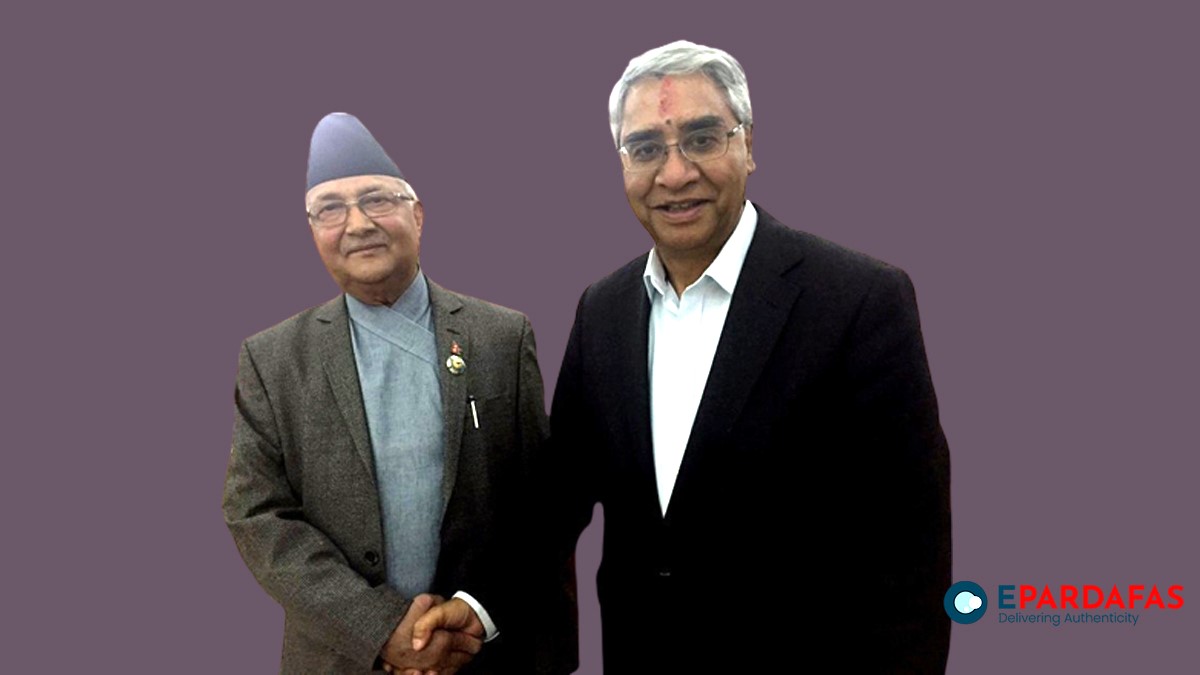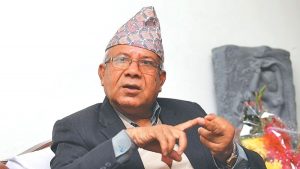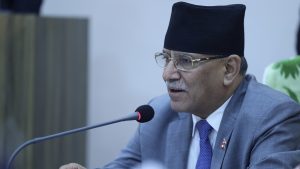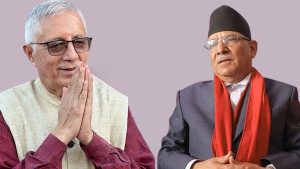
How Will a New Government Be Established Amid Current Political Challenges?

The political landscape in Nepal has been thrown into flux with the withdrawal of support by the UML party, prompting the initiation of constitutional procedures for forming a new government. Prime Minister Pushpa Kamal Dahal ‘Prachanda’ faces pressure to resign, yet he has expressed reluctance to step down immediately, complicating the transition process.
According to Article 100 of the Constitution of Nepal, the Prime Minister must seek a vote of confidence within 30 days if the party represented by him undergoes a split or loses significant support. With Dahal’s tenure under scrutiny, he must undergo a floor test by August 3 to ascertain continued parliamentary support. Should he fail this test, President Ram Chandra Paudel will invoke Article 76 (2), which mandates the formation of a coalition government comprising two or more parties, given no single party commands a majority in the lower house.
However, legal experts and constitutional interpretations present a divergent view. Some argue for the application of Article 76 (3), suggesting that President Paudel may appoint the parliamentary party leader of the largest party, currently Nepali Congress President Sher Bahadur Deuba, as the Prime Minister. Yet, precedent and legal clarity from the Supreme Court advocate for adhering to Article 76 (2) in such scenarios, emphasizing the imperative to exhaust all avenues to form a stable government and avoid premature elections.
Advocate Om Prakash Aryal underscored this stance, citing past Supreme Court rulings that prioritize government formation over dissolution to maintain stability. “The process will begin anew under Article 76 (2),” Aryal affirmed, highlighting the court’s consistent stance on governmental continuity and consensus-building.
Moreover, Aryal clarified that should a government formed under Article 76 (2) fail to secure a vote of confidence within the stipulated timeframe, only then would Article 76 (3) come into effect. “Given the current circumstances, the immediate focus remains on initiating the coalition-building process as per Article 76 (2),” he concluded, echoing legal precedence in similar disputes.














Comments